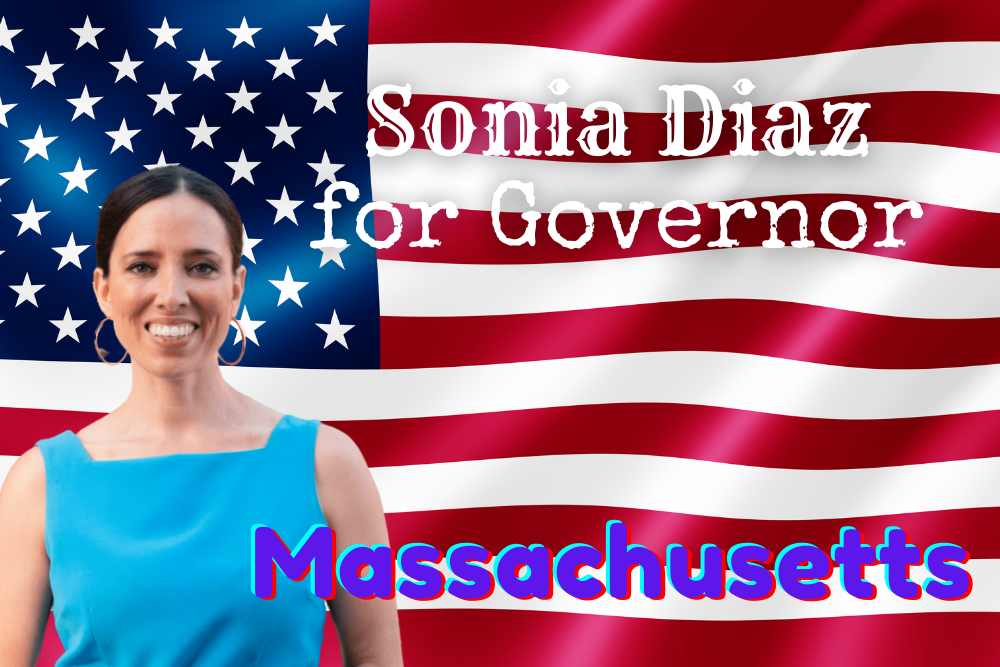Massachusetts will create tens of thousands of good-paying jobs through green energy and energy efficiency
The rapidly-expanding green energy industry offers an unprecedented chance for our state — to grow our economy, expand economic opportunity, and make sure the benefits of this new industry are shared equitably by all Bay Staters.
In addition to helping us curb climate change and improve the quality of the air we breathe, the burgeoning green energy and energy efficiency industry is already creating new opportunities for workers, businesses, and entrepreneurs across the country. Massachusetts has the opportunity to create tens of thousands of new jobs — from installing solar panels, building wind turbines, and retrofitting buildings to the sales, planning, finance, and numerous other jobs that ensure green projects are designed, funded, implemented, and paid for.
Developing this industry and building our green energy future in Massachusetts will require active investment in workforce development and providing a just transition for workers shifting from the oil and gas industry. It will also require ensuring projects hire local residents at family-sustaining wages. You get what you pay for with projects like these — and it’s critical that we don’t miss out on the opportunity of a lifetime to ensure that vibrant businesses and good jobs of the future are located here in Massachusetts.
Finally, it will require a specific focus on equity: we must make sure that communities that have for generations been most exposed to the health impacts of our consumption of fossil fuels, often working class communities and communities of color, are included and prioritized in this new economy at all levels — from job training opportunities to hiring to launching and contracting with new green businesses.
To ensure our state takes full advantage of the economic opportunities of a green energy transition, as Governor, I will:
Develop our green workforce pipeline by working with employers, UMass, community colleges, and trade schools to develop workforce training programs to allow tens of thousands of Massachusetts residents to launch a career in the clean energy economy, and ensuring that those efforts prioritize communities of color and other environmental justice communities. In the Legislature, I have been a strong advocate for green jobs training programs, recently winning $7.5 million in law for new funding to support training programs at two-year colleges that heavily serve students of color. We must also support our residents who work in the gas, oil and HVAC industries in transitioning to other types of work, including working with trade unions, Mass Save, community colleges, and trade schools to train these workers for jobs deploying clean heating and cooling systems and other clean energy technologies.
Invest in emerging clean energy technology in Massachusetts to spur economic growth while sparking innovation that can help us reach our climate change goals. My administration will work with the Massachusetts Clean Energy Center, workforce development agencies, higher education institutions, and investors to develop clean tech business incubators like the successful Greentown Labs. In 2008, Massachusetts made a $1 billion investment in the life sciences industry over ten years; today, our state is the number one life sciences cluster in the world. We can use this experience to inform similar public-private partnerships to hasten the growth of businesses that develop renewable energy, retrofit buildings, electrify our transit, and support climate resilience.
Prioritize clean energy and efficiency projects that create good jobs with family-sustaining wages right here in Massachusetts. As we continue the development of our world class offshore wind resources and dramatically expand installation of solar panels, we must take advantage of the opportunities this presents to grow our local economy and create high quality jobs, particularly in communities of color. This means we must leverage our state clean energy procurement and economic development funding to prioritize Massachusetts businesses that will invest in developing a high-skilled local workforce, that pay prevailing wages, and who are committed to being good neighbors by operating in partnership with local communities.
Require diversity and inclusion to be a factor in contract award decisions to ensure the green economy is also driving our economic development goals. Closing the racial wealth divide must be at the core of economic development efforts, which means that it must be a factor in all state contracting decisions. In the Legislature, I’ve been a leader on efforts to create statewide goals and accountability measures for state agencies in contracting with minority-owned businesses — an area where Massachusetts has performed poorly for years — including pushing for legislation that is a model for how a Chang-Díaz Administration would prioritize equity in contracting and investments. We will also provide technical assistance and greater access to capital to help women- and minority-owned businesses, worker-owned cooperatives, tribes, Indigenous organizations, and businesses with a diverse workforce grow, succeed, and win contracts in the emerging clean energy economy and supply chain.
Original source can be found here.


